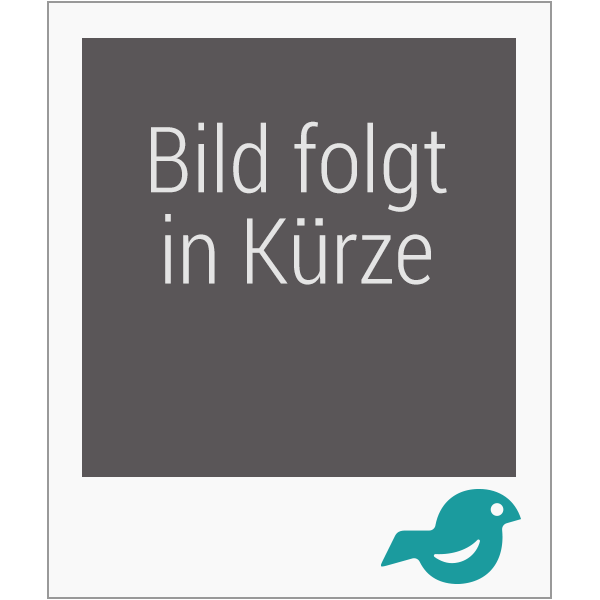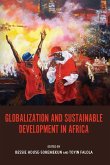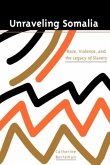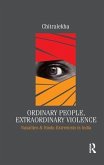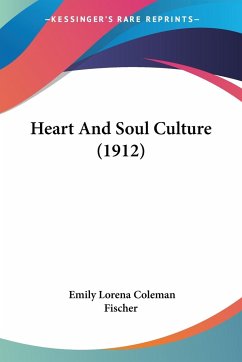If asked, most people, including most social scientists would say that sustainable self-sufficiency is an ideal vastly to be preferred to living off charity. Anthropologist China Scherz challenges this truism through a detailed comparison of two very different organizations in Uganda where she conducted fieldwork for two years. The one, Hope Child, is an internationally-funded Ugandan NGO that implements sustainable development models. In contrast, Mercy House, is a Catholic charitable home for orphans, children with disabilities, and the elderly. Scherz asks readers to reconsider both the relational ethic that underlies some charity work and the technical-bureaucratic ethic that underlies contemporary sustainable development. She argues that the Ugandan nuns practices of charity are a better fit with regional ethics and religious values than are the NGO---workers practices of development. Kiganda ethics center "not "upon autonomy but on interdependence, the author argues; this ethics of interdependence prescribes correct (and correctly flexible) relations between patron and client. In such a worldview charity is no insult and independence from others no laudable goal. The book closes with a brief but urgent call to reconsider charitable interdependence as one possible ethical response to a deeply unequal world. Scherz has laid the ethnographic groundwork necessary to make this call a compelling one."
Hinweis: Dieser Artikel kann nur an eine deutsche Lieferadresse ausgeliefert werden.
Hinweis: Dieser Artikel kann nur an eine deutsche Lieferadresse ausgeliefert werden.

